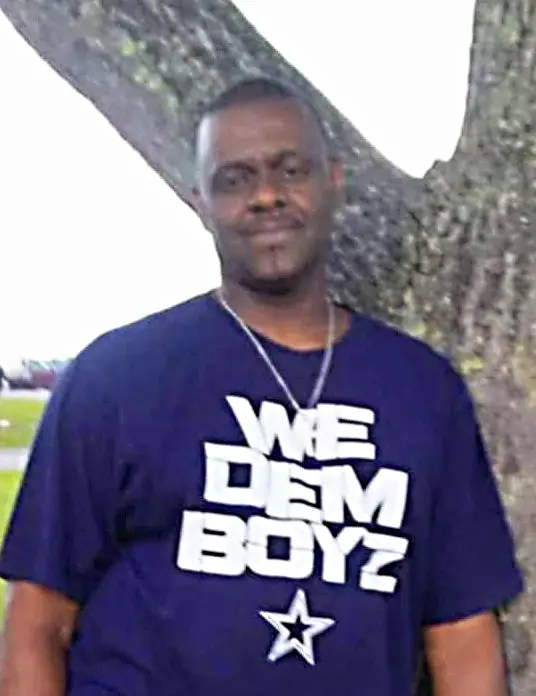CHARLESTON W.Va. (WVDN) — West Virginia Child Advocacy Network (WVCAN), the statewide agency supporting the work of West Virginia Child Advocacy Centers (CACs), announced today that Shiloh Woodard has been hired as its new Executive Director.
Shiloh Woodard has been supporting the efforts of Child Advocacy Centers in the Mountain State since 2006. She served as the Executive Director of Child Protect of Mercer County, Inc. for 19 years before stepping into the Executive Director role at WVCAN. Woodard was instrumental in the establishment of WVCAN in 2008, and before joining as staff, served in a variety of WVCAN board leadership roles including Board President from 2020-2022.
“On behalf of the Board of Directors, we are thrilled to announce Shiloh Woodard as the new Executive Director,” shared WVCAN Board President Mimi Wilson. “She has been instrumental in the CAC movement in this state since the very beginning. Her passion for WV children and families informs everything she does.”
Woodard has been honored with recognition from the WV Alliance for Children, the U.S. Attorney’s Office for the Southern District of WV, and the WV Nonprofit Association in addition to being named a WV State Journal’s Generation Next 40 under 40 award recipient in 2016 and WVCAN’s One with Courage awardee in 2023.
“After nearly two decades of working alongside the WV Child Advocacy Network, I am humbled and honored to step into the Executive Director role. I look forward to partnering with the 21 Child Advocacy Centers across our state to support child survivors of abuse and promote the CAC model. I am so fortunate to be joining hands with WVCAN’s stellar staff and committed Board of Directors,” Woodard said.
During the last fiscal year, CACs served 4,909 children throughout the state. A CAC is a child-friendly facility with staff that work to provide professional, compassionate care to alleged child abuse victims in order to reduce the trauma often experienced by victims of abuse. Rather than having a child taken from agency to agency to endure multiple interviews, the CAC model brings the system to the child for an effective, child-centered healing process. The CAC works within a multidisciplinary model that includes child protection, law enforcement, and other treatment professionals with the goal of facilitating healing for the child.
Over the past decade, the network has grown from two to 21 CACs—with coverage now in 48 of West Virginia’s 55 counties. Once existing gaps are closed, no child in West Virginia will be more than one hour away from a child-friendly WVCAN member facility, and every center will have equal access to the support services WVCAN provides as centers work to increase their capacity to help more children and families in need. To learn more, visit wvcan.org.













